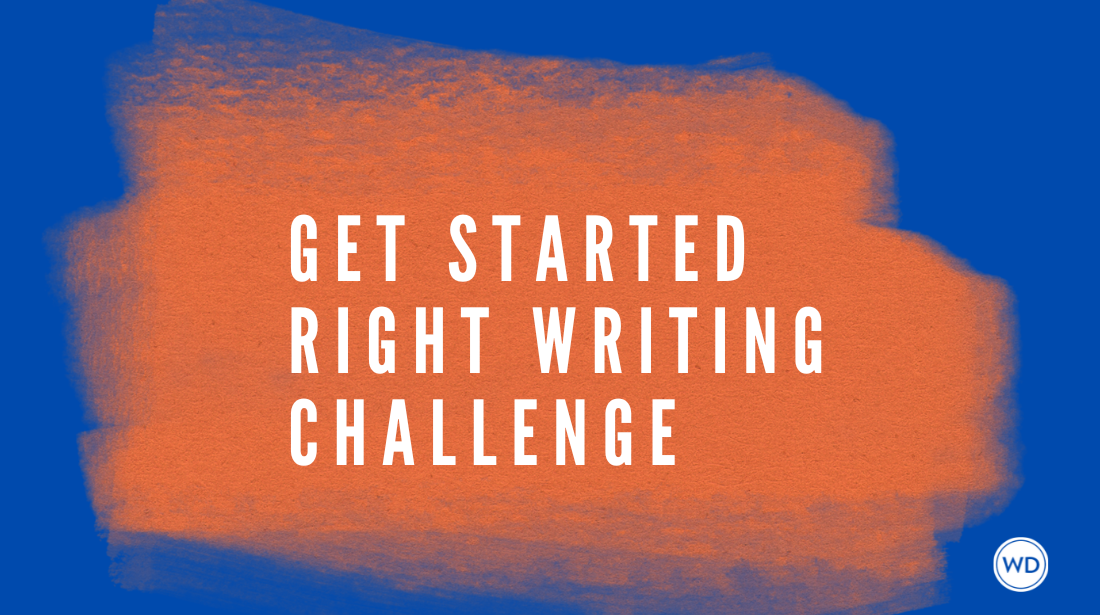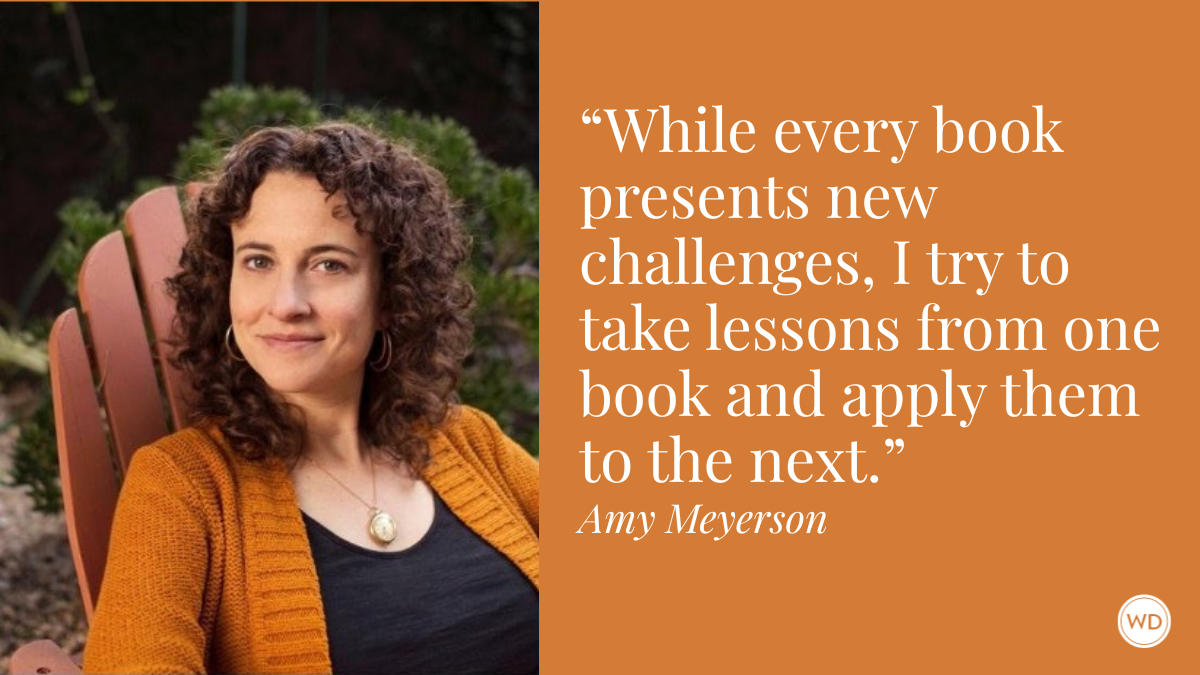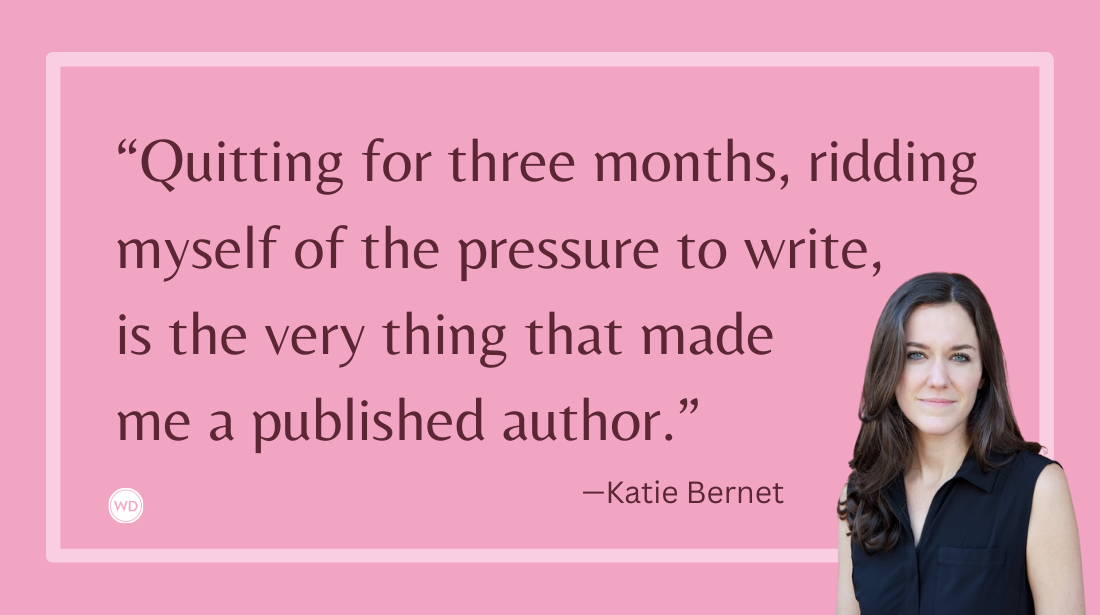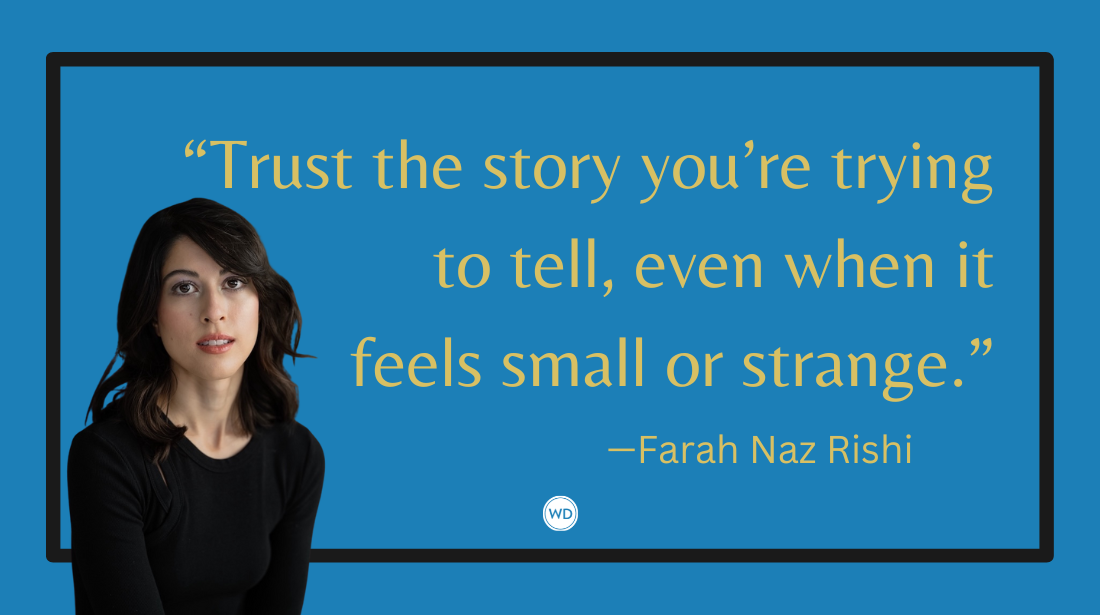What Bestselling Writers Do Differently Than Everyone Else
All writers are unique, there’s no doubt about that, but those who experience unusual success share these four traits. Do you have them?
I’ve had the great honor of working alongside some of the world’s most creative and productive artists. And by “artist” I mean anyone who creates something that enriches the lives of others, whether that’s leading a vibrant organization, writing a book or singing a song.
All artists are unique, there’s no doubt about that, but those who experience unusual success share traits (some might say deviations) that the common man or woman isn’t willing to nurture. It’s those deviations that separate them from everyone else. Do you see yourself in these?
—by Kevin Kaiser
1. They are intent on seeing the world.
Most of humanity hurries through the day in a fog, looking only where they need to in order to survive or get ahead of the next guy or turn in one more TPS report to their boss. But prolific and successful artists are students of the world around them. They pay attention because stories worth capturing are happening all the time right next to them. They just see it where others don’t. Eyes that look are common, eyes that see are rare.
2. They know how to beat Resistance.
Resistance is that insidious force that works to stop creativity, progress, and beauty. You can’t see it, touch it, or smell it, but every artist is intimately acquainted with Resistance. It’s the voice that says, “You’re tired, you can do it tomorrow. You’re really not that good. You could spend ten years slaving away and, chances are, it’ll all be for nothing.” Resistance is the enemy. Successful artists–pros–realize this and know how to beat it.
3. They have a bizarre capacity for punishment.
Creating art is hard, often lonely work. Most people don’t have the stomach for it. They think they do, but they don’t. There are probably more half-written novels, uncompleted paintings, and abandoned businesses in the world than there are completed and successful ones. The pros live with the fact that this whole deal called art is brutal and, if they want to be an artist, they have to grow some callouses. They have an ability to keep their head down and trudge forward when everyone else has given up and gone home.
4. They do not understand the word “No”.
Usually, the people who say “no” to new ideas have never truly risked much or, if they have, failed and don’t like to see others succeed where they failed. Mediocrity loves company. Artists with passion do not hear the word “no”. They don’t understand it. Of course their idea is possible. Everything is possible. They believe it. Whether or not it turns out to be true doesn’t really matter. Genius is seeing the inevitable before everyone else, the possibilities before it’s even a consideration.
One point to note here–artists stubbornness is sometimes seen as delusion, ego, or attitude. Sometimes it is, but most of the time it’s simply seeing the world for what it could be and expecting nothing less than passion and belief from those who normally aren’t. But nothing great ever came from mediocre minds or deadened hearts. Just remember that.
This guest post is by Kevin Kaiser, who has helped authors and publishers reach over 20 million fans worldwide. His online community, 1KTrueFans, helps writers find their voice, build an audience from scratch and create for a living.
Follow him @1KTrueFans.
Follow me on Twitter: @BrianKlems
Enjoy funny parenting blogs? Then you’ll love: The Life Of Dad
Sign up for my free weekly eNewsletter: WD Newsletter








